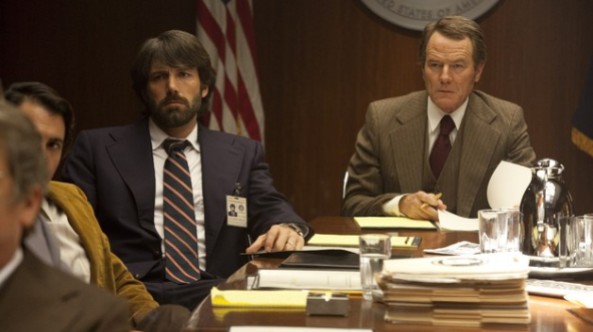Costa-Gavras’s Greek film “Z” was one of the first films to prove that a vigorous procedural thriller could be inexorably linked with politics. It announces up front that, “Any similarities to real persons is not coincidental. It is intentional.” In this way it is an angry docudrama of social unrest while carrying a snide sense of humor and biting critique to the right-wing Greek politics of the day.
“Z” was such a vital, timely movie in 1969, one that was inseparable from all the riots that had been so common and tumultuous throughout the ’60s in America and around the globe. It became one of the highest grossing films of the year in France, was nominated for Best Picture and was subsequently banned in Greece, along with the film’s director, writer, female lead and of course the letter “Z” itself, which in Greece was originally graffiti that stood for “He lives!”
To consider the way in which it bluntly recreated the assassination of the pacifist liberal activist Gregorios Lambrakis back in 1963 is to understand how tied this film was to the times. The film works tirelessly to expose the blatant cover up of this “accident” and is shockingly quick to the punch in recognizing that all the work done would be erased in an instant when the right wing party did finally take control again in Greece.
It first follows the leftist leader himself, Z (Yves Montand), as he tries to arrange a political rally. The police have moved the event to the center of town where hundreds have gathered to hear him speak and to riot in protest. Police stand idly by as rioters rush to attack Z caught vulnerable in the open. This extended sequence is remarkable, accomplished through long tracking shots through the enormous crowd, but providing enough space to show how vulnerable they are, as well as staccato editing to create pulsating intensity and an unholy blend of perspectives. It comes to a climax when a car cascades through the crowd and a passenger lands a fatal blow to Z’s skull.
The attack is deemed an accident caused by drunk drivers, and a federal magistrate (“Amour’s” Jean-Louis Trintignant) is brought in to confirm the details of the police’s coverup. The magistrate will remain nameless because he’s completely neutral in this case. “Z” works wonderfully well because although it is politically charged, it ultimately has no allegiances. The numerous details that veer us in different directions of the truth, despite us always knowing precisely what happened, are presented as though a cover up is simply routine, not malicious. Snappy interrogation scenes and other attacks on those about to testify are staged as guerrilla filmmaking, not as set pieces.
Even the film’s score, a percussive and upbeat blend of world music that almost seems to inspire something like Jonny Greenwood’s score for “The Master” or the zither theme from “The Third Man,” grants “Z” a tone that feels vital, but snide, clever and self-aware. There’s a great scene where the magistrate traps one of the suspects into confessing he’s part of an anti-Communist party by accusing him of being a Communist, and it’s a great example of how the film is cold, calculated and rigid, but also sharp-nosed and in your face.
Many at the time of it’s release felt “Z” was anti-American, and I’ve already explained what the Greek’s thought of it. But the movie’s unique tone shows that it’s critical, but smart enough of the whole situation to be above all the petty party lines. As a film intended for it’s time, “Z” endures because it’s not loyal to any one event or group. It’s its own symbol of freedom.



